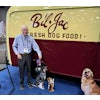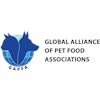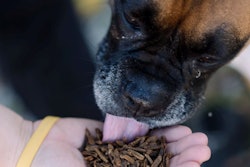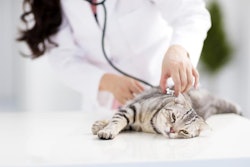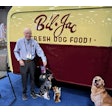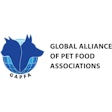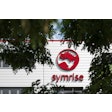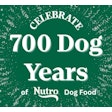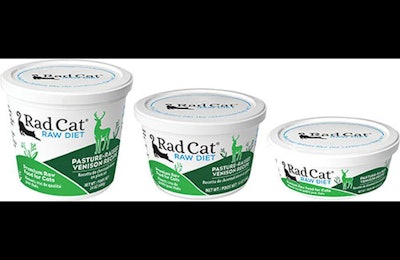
Radagast Pet Food, Inc. of Portland, Oregon, USA is recalling three lots of Rad Cat Raw Diet Free-Range Chicken Recipe because testing results indicate the raw cat food may be contaminated with Listeria monocytogenes, according to the United States Food and Drug Administration. Radagast is also recalling one lot of Rad Cat Raw Diet Pasture-Raised Venison Recipe because testing results indicate it has the potential to be contaminated with Shiga toxin producing E. coli O121.
No pet or human illnesses have been reported.
The three lots of Rad Cat Raw Diet Free-Range Chicken Recipe were shipped to distributors in the US in May and June 2018. Affected products are determined by lot code identification only.
Free-Range Chicken Recipe:
Lot Code 63057, Best By Date: 10/9/2019
Lot Code 63069, Best By Date: 10/23/2019*
Lot Code 63076, Best By Date: 10/31/2019*
(8oz UPC 8 51536 00103 6, 16oz UPC 8 51536 00104 3, 24oz UPC 8 51536 00105 0)
*These two lots were shipped to one distributor in Vancouver, BC, Canada in addition to US distributors in May and June, 2018:
The single lot of Rad Cat Raw Diet Pasture-Raised Venison Recipe, was shipped to distributors in the US only in May and June:
Pasture-Raised Venison Recipe:
Lot Code 63063, Best By Date: 10/15/2019
(8oz UPC 8 51536 00121 0, 16oz UPC 8 51536 00122 7, 24oz UPC 8 51536 00123 4 and 1oz Samples)
History of Radagast raw pet food recalls
The company discovered these lots were potentially contaminated during enhanced quality testing it conducted as a follow-up to its March 2018 recall.
Listeria monocytogenes is pathogenic to humans. Healthy people exposed to Listeria monocytogenes should monitor themselves for some or all of the following symptoms: nausea, vomiting, diarrhea, abdominal cramping, and fever. There is risk to humans from handling contaminated pet products, especially if they have not thoroughly washed their hands after having contact with the products or any surfaces exposed to these products. Consumers exhibiting these signs after having contact with this product should contact their healthcare providers.
About Listeria and E. coli in pet food
Listeria monocytogenes can affect animals eating the product. Animals exposed to Listeria monocytogenes can display short-term symptoms such as: vomiting, diarrhea, fever, muscular or respiratory signs and anorexia. If your pet has consumed the recalled product and has these symptoms, please contact your veterinarian.
Shiga toxin releasing E. coli O121 (STEC) is a pathogenic bacterium that can cause illness in humans. People handling or consuming raw pet foods contaminated with this pathogenic bacterium can lead to E. coli infections. E. coli O121 can cause symptoms which include stomach cramps, mild fever and vomiting, and diarrhea, often with bloody stools. Consumers exhibiting these signs after having contact with this product should contact their healthcare providers.
Although E. coli O121 is not known to cause illness in cats, the FDA has a zero-tolerance rule for pathogens in pet food, as humans that handle the food may become infected. Infected cats can become carriers of E. coli O121 and transfer the E. coli O121 to the home environment.
